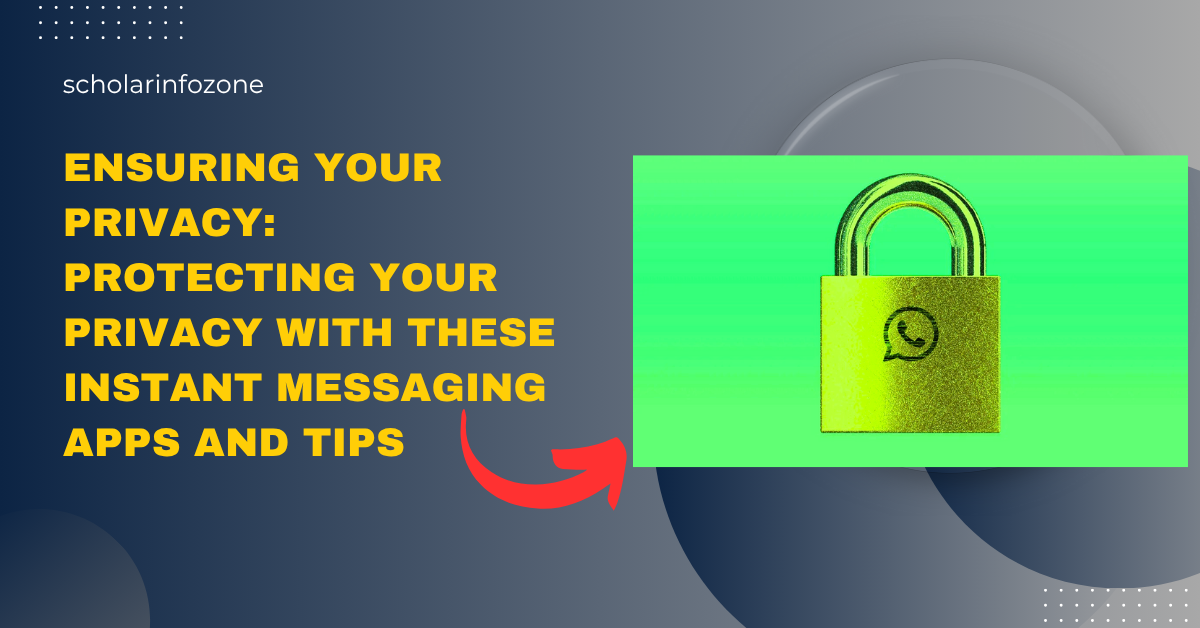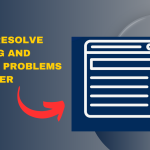Let’s take a step back.
When WhatsApp was first launched by Brian Acton and Jan Koum, the global community was quick to recognize the potential of this instant messaging (IM) platform. It paved the way for effortless connections with people worldwide without breaking the bank.
As a player in the social media industry, Facebook saw this as a competitive threat and proposed to acquire the company. Brian and his co-founder agreed to the buyout, with Brian continuing to work with the Facebook team. However, Brian eventually parted ways with Facebook, citing privacy concerns as a significant factor.
The Recent WhatsApp Privacy Issue
Over the years, Facebook has been embroiled in various privacy controversies. While there are other social media platforms in existence, Facebook often garners the most attention regarding user privacy and data protection—or the lack thereof.
Facebook’s extensive reach led to a congressional hearing following the infamous Cambridge Analytica scandal, significantly raising user consciousness about privacy matters.
At the beginning of this year, WhatsApp, owned by Facebook, announced plans to mandate data sharing with its parent company to its users.
Choosing to accept this option was voluntary when the privacy policy was initially introduced. However, given the practices of major tech companies, it’s likely that users will soon have to agree to updated privacy policies or face expulsion from the platform.
What’s concerning is that users may not even need a Facebook account for their data to be shared with the platform. The type of data involved remains unknown, adding to the unease surrounding this situation. Given Facebook’s reputation for being data-driven, it’s reasonable to anticipate the worst here.
The Top WhatsApp Alternatives to Explore in 2021
The positive news is that WhatsApp does not dominate the market completely. While it has the largest user base, recent reports indicate a significant loss of users in recent weeks. Despite this, WhatsApp remains the leader in market share for instant messaging apps.
If Facebook proceeds with its new policy without alterations, the number of departed users could continue to grow. Before reaching that stage, it’s essential to consider other available alternatives.
1 Telegram
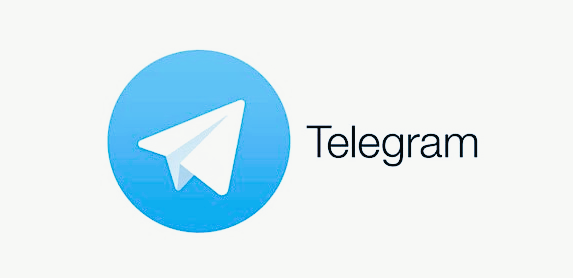
Many users, including ourselves, value Telegram for its long-standing security and privacy features. The service, based in the UK and named after a historically secure method of communication, speaks volumes about its reliability.” On one hand, you receive all the features available on WhatsApp here. This encompasses end-to-end encrypted chats, video, and voice calls. Any media shared can only be viewed by you and the recipient involved in the conversation. It is important to highlight that Telegram had already introduced the disappearing messages feature months before WhatsApp. Additionally, Telegram provides a private chat option for concealing sensitive conversations from unauthorized individuals who might access your device. Telegram also allows group chats with up to 200,000 members, while WhatsApp restricts groups to 256 participants.
2 Signal
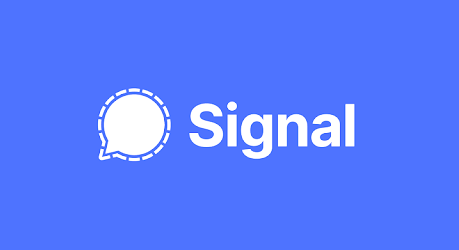
Many people were introduced to Signal when Elon Musk recommended this secure instant messaging service. Signal has been around for quite some time, with even Edward Snowden endorsing and using the app.
With a strong focus on security, Signal features end-to-end encryption. Backed by a prominent tech company, Signal stands out as a messaging app with exceptional development expertise.
3. Threema
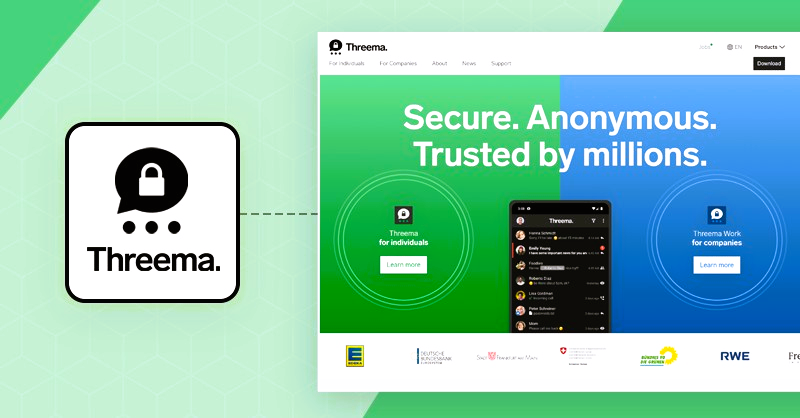
Ranked at number three on our list is Threema, which offers a unique perspective on privacy. Unlike WhatsApp, which aims to gather extensive user information for sharing with Facebook, Threema prioritizes minimal data collection. By requiring as little personal information as possible, Threema ensures user anonymity remains intact, even in the event of a security breach.
Threema users are not mandated to register with an email address or phone number before using the platform. Despite this minimalistic approach, users can enjoy fundamental features similar to those found in WhatsApp and other popular instant messaging services.
A standout feature of Threema is its commitment to being open-source since its inception. This practice ensures a collaborative effort to uphold the app’s privacy and security standards, leading to prompt updates and robust privacy safeguards in place.
4. Viber
If you’re seeking a secure messaging app for group chats, Viber may not be the ideal choice since it supports fewer participants than WhatsApp. Nonetheless, Viber shines in providing users with a cost-effective way to connect with international friends and loved ones. Instead of incurring hefty roaming or international calling charges, users only pay a fraction of the cost.
A notable advantage is that the recipient doesn’t need to have a Viber account, making the app incredibly user-friendly and convenient.
5. iMessage
For those not yet in the iOS/macOS world, accessing this might be out of reach. Apple includes iMessage on its devices, which has stood the test of time as a reliable chat app.
Apple’s strong stance on user privacy and data protection adds them to the list of secure choices. iMessage ranks high among encrypted chat applications available to consumers worldwide.
Within the Apple ecosystem, users can utilize features like Handoff, enabling seamless messaging from one device to another. Integration of SMS with iMessage streamlines communication with contacts.
A limitation to note is that iMessages can only be exchanged with fellow Apple device users.
Enhance Your Online Privacy
Protecting your online privacy extends beyond chat apps. To safeguard your privacy effectively, consider these tips.
1. Opt for Privacy-Focused Browsers
Your choice of web browser can impact your privacy more than you realize. Select browsers designed to combat browser fingerprinting, malvertising, adware, phishing attempts, and other online threats. Consider browsers like
-
Safari
-
Brave browser
-
Chromium
-
DuckDuckGo
-
Tor browser
-
Mozilla Firefox
2. Use a VPN
The cost of a high-quality premium VPN is minor compared to the potential expenses of not safeguarding your online privacy with a VPN.
These tools not only alter your location and IP address but also use encryption, via a method called tunneling, to make it nearly impossible for external parties to intercept your internet data.
3. Utilize Private Browsing
Whether you are viewing sensitive files, accessing secure websites, or simply wishing to maintain privacy, make use of private browsing tabs, also known as Incognito Browsing mode in some browsers.
One key benefit of this mode is that your browser does not store pages or save cookies/history from your session. Nonetheless, note that your ISP or employer might still be able to monitor your online activities. Therefore, it is advisable to always layer your internet connection with a VPN, even when engaging in private browsing.
4. Review App Permissions
Fortunately, in this day and age, you have the option to manage app permissions before installing them. Scrutinize all your apps to ensure they only have access to necessary features.
For instance, there is no reason a puzzle game should require access to messaging apps or why a gallery app would need continuous access to your clipboard. While some compromises may be necessary at times, remember that not all apps require every permission. Distinguish between essential and excessive permissions and restrict accordingly.
Prioritizing Privacy Enhances Business Operations
Many times, we underestimate the importance of the user data we create and store on our devices until it falls into the wrong hands. The value attached to this data is significant, which is why cybercriminals are constantly seeking ways to compromise it.
It is your responsibility to consistently safeguard yourself against the alarming privacy threats and issues. By implementing the suggestions provided above, you should be better equipped to enhance your safety while using the internet.
